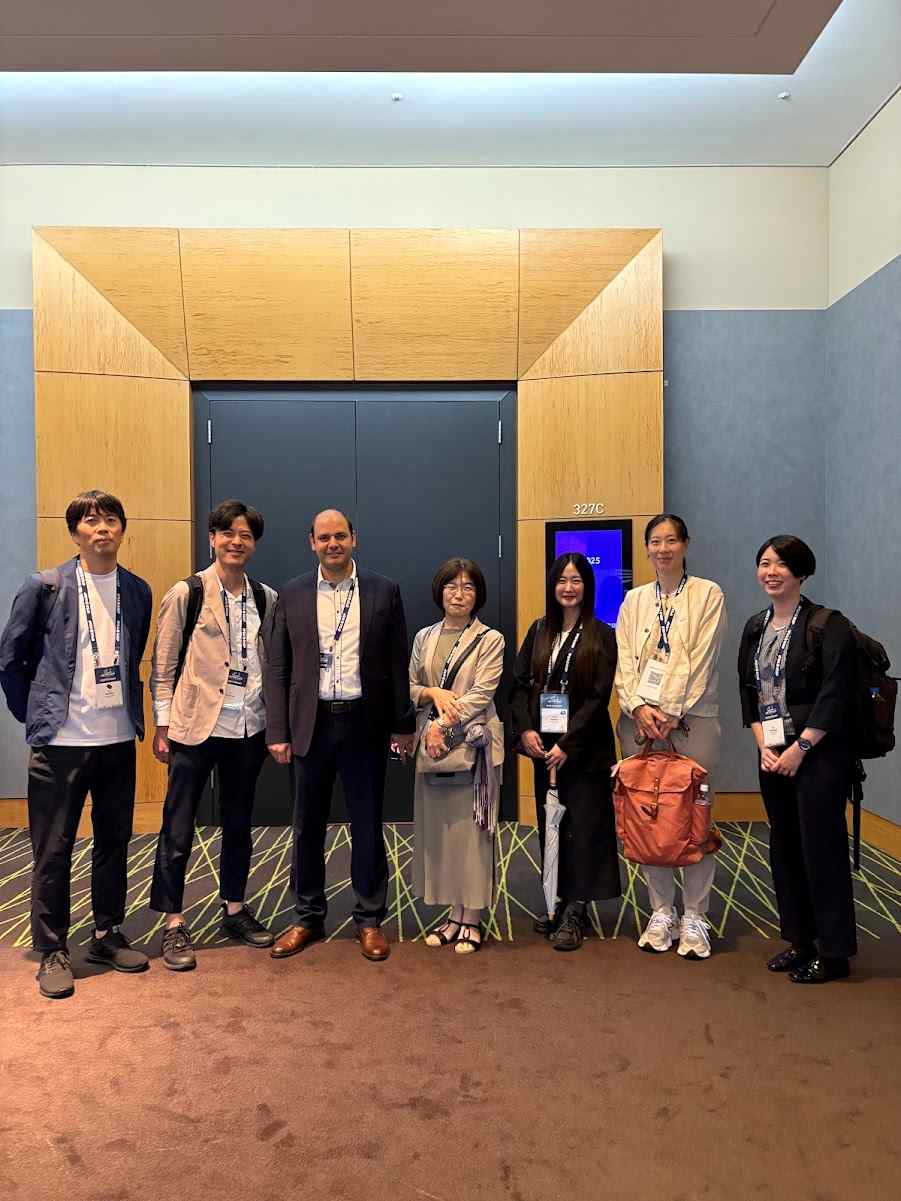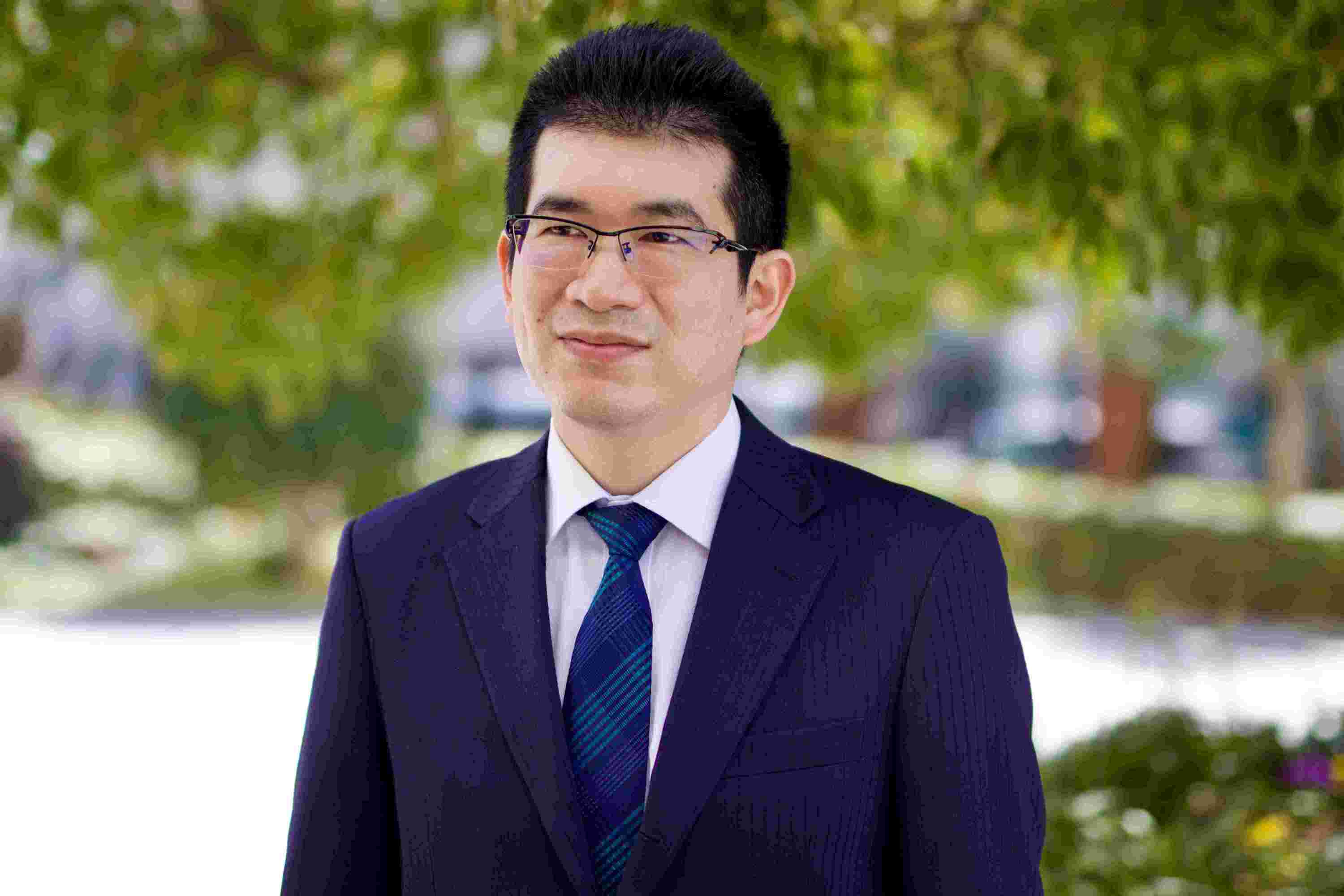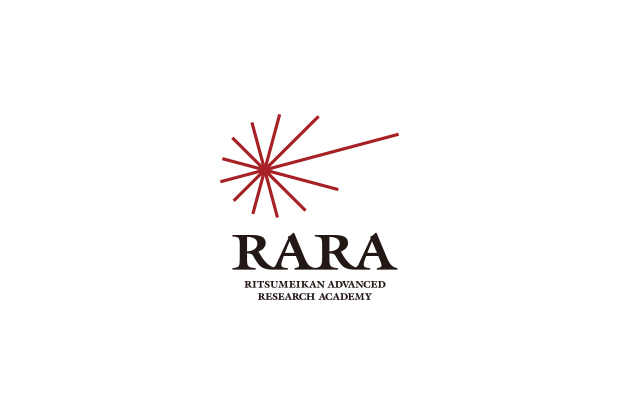Research Activity Report / Kota Suechika
Professor Kota Suechika presents at the International Political Science Association (IPSA) World Congress held in Seoul, South Korea
2025 / 07 / 18
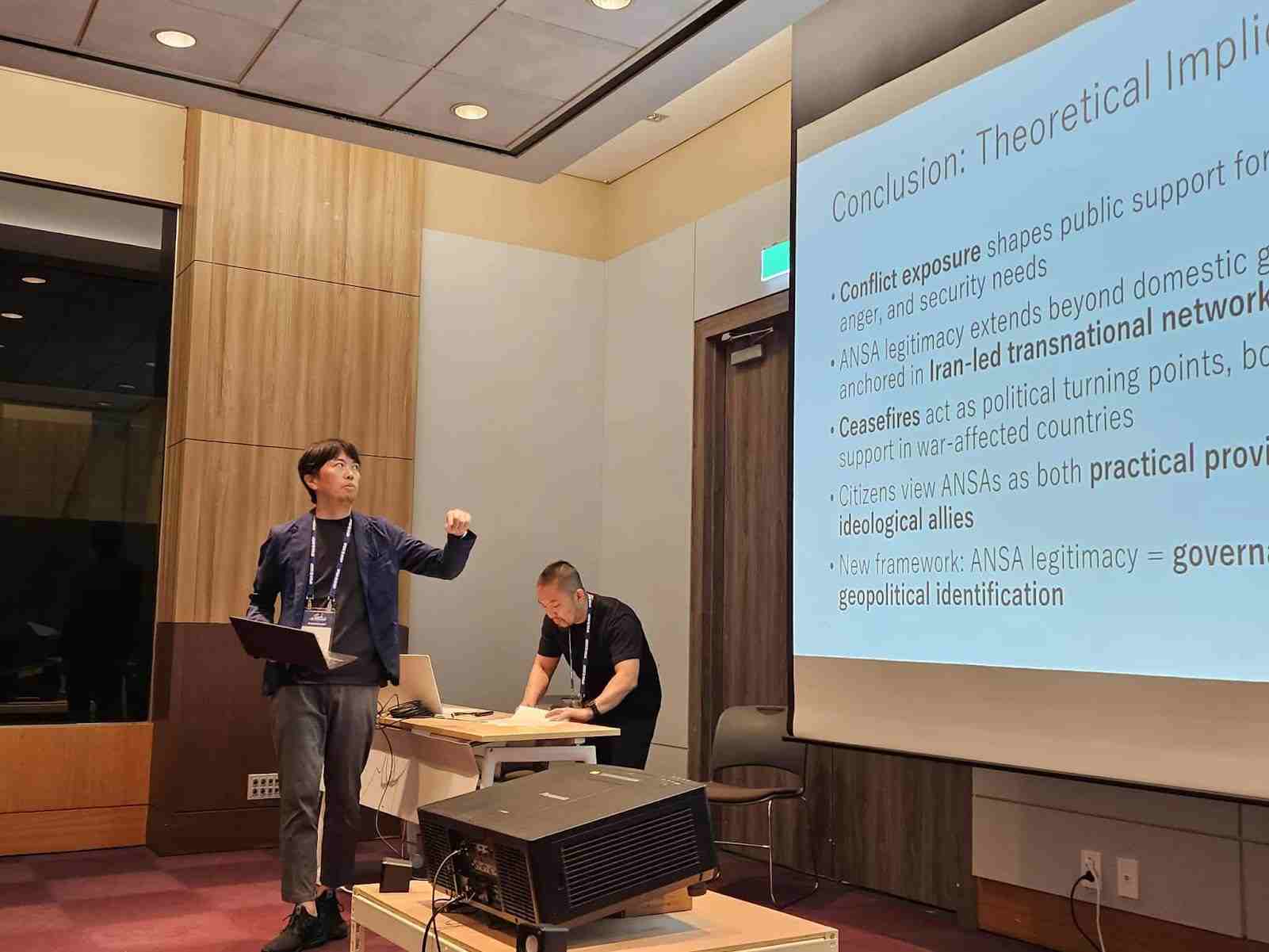
2025 / 07 / 18
From July 12 to 16, 2025, the IPSA 28th World Congress of Political Science, “Resisting Autocratization in Polarized Societies” was held in Seoul, South Korea. IPSA is an international academic association established in 1949 under the auspices of the United Nations Educational, Scientific and Cultural Organization (UNESCO), with the primary objective of promoting the development of political science worldwide. The World Congress is held biennially.
On the opening day, Professor Kota Suechika (RARA Fellow) and Professor Dai Yamao of Kyushu University presented a research paper titled “Measuring Public Support for Armed Non-State Actors at War: A Comparative Study of the Cases of the ‘Axis of Resistance’.” This paper delves into the actual state of public support for the “Axis of Resistance,” a Middle Eastern militia network supported by Iran. Survey experiments have been conducted in the four countries where the groups comprising the “Axis of Resistance”—Hamas, Hezbollah, PMU, and the Houthi movement—have their bases: Palestine, Lebanon, Iraq, and Yemen. The results reveal differences in the support structures of each group.
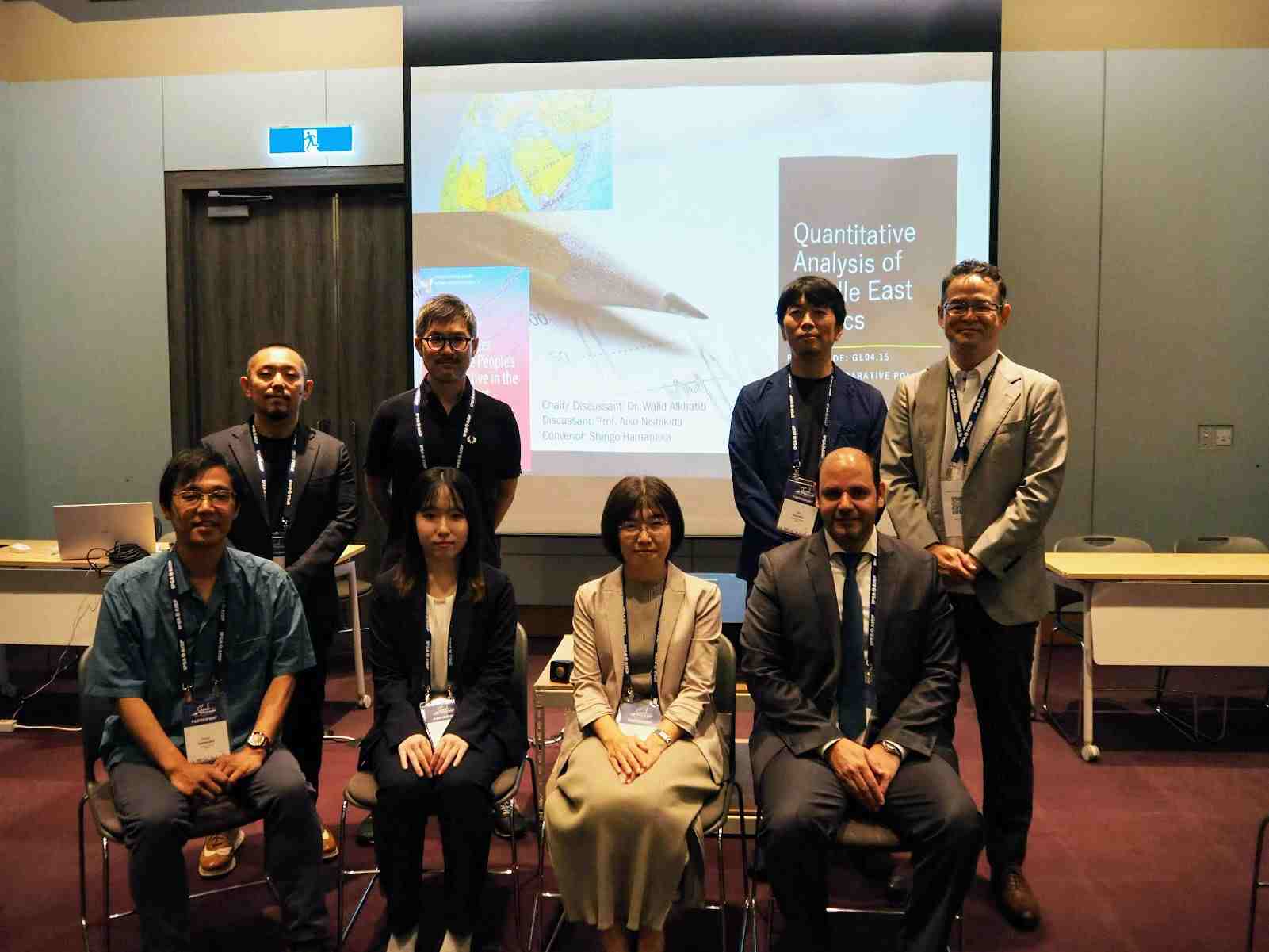
On the second day, Prof. Suechika participated as a discussant in a panel session titled “The Role of Religion in the Division and Integration of Societies and Movements in Conflict-Affected Areas.” This panel highlighted the reality that religion, which has taken root not only as a belief system and set of norms but also as an organization and social activity in Middle Eastern countries that have experienced conflict, has played a role not only in creating divisions but also in promoting reconciliation and integration among people.
On the third day, Prof. Suechika organized and moderated a panel session titled “Building Social Resilience in Jordan: The Role of Formal and Informal Networks in Crisis Response” as part of the international dissemination of the results of two international joint research projects he leads. In collaboration with the University of Jordan, the counterpart institution, a total of five project members presented their findings, shedding light on the reality of “social resilience” in Jordan, which has maintained stable national governance despite its unstable political situation.
*Grant-in-Aid for Scientific Research (Fund for the Promotion of Joint International Research, Fostering Joint International Research (B)): “Empirical Studies on Social Resilience of the Arab Mashriq States in Crises: A Case of Jordan”; and Ritsumeikan University International Collaborative Research Promotion Program: “Empirical Study of Social Resilience in Middle Eastern Countries during Crisis: A Case Study of Informal Resource Distribution in Jordan.”
